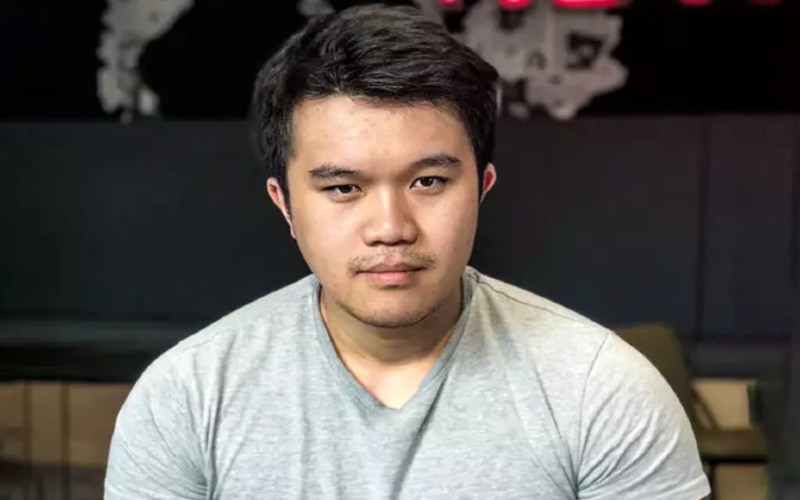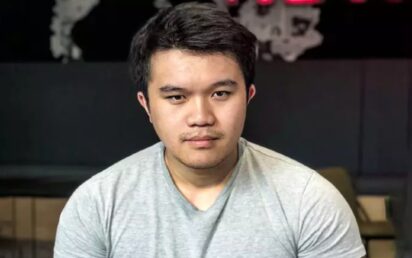How do you go from startup to unicorn in three years?
Two people who know better than most are Fuse Energy’s founders Alan Chang and Charles Orr.
The pair made their names at FinTech Revolut before launching Fuse (previously Tesseract) in 2022 to fix a broken and fragmented energy system.
Last year, Fuse reported a five-fold increase in revenue and has now grown annual revenue to $90m.
In July, the energy startup announced it had raised another $10m from Lowercarbon Capital and Balderton Capital, bringing the total funds raised to date to $100m.
According to James Wise, a partner at Balderton Capital, the latest raise valued the company at ‘north of £750m’ – and the obligatory unicorn tag
So who are Chang and Orr and what problems are they trying to fix at Fuse Energy?
Writing on LinkedIn, Wise summed it up best when he said: “We led their seed round when Alan Chang and Charles Orr left Revolut in 2022 with just a deck and a conviction that energy companies and infrastructure were stuck in the 90s.
“The engine is vertical integration: Fuse owns generation assets, runs its own trading software to place power on the grid at the right second, and passes the margin straight back to customers. No middlemen, no hedging roulette.”
Chang, who is 31 while Orr is 29, explained their philosophy. “We started Fuse because the energy industry had lost its urgency.
“Most people in energy don’t actually understand energy. We thought the only way to fix it was to build something from scratch.”
Chang takes a lot of his inspiration from Revolut’s founder and CEO Nikolay Storonsky and his ‘never settle’ mantra.
“If you’re not number one, that’s not good enough,” he said at Civic Future’s recent third annual summit. “Never settle for anything other than number one.”
Somebody who knows what it’s like be number one is 2016 F1 world champion Nico Rosberg, who is the founder of Rosberg Ventures.
A backer of sustainable innovation, he was an early-stage investor of Fuse because of his belief in ‘backing ventures that align profitability with purpose’.
“The fact that Fuse is reinvesting 100 per cent of its profits into building more renewables is a testament to their commitment to a greener future,” he wrote.
Fuse Energy isn’t afraid to be a bit different – evidenced by its decision to sponsor The Rest Is Politics podcast, hosted by Alastair Campbell and Rory Stewart.
In his 2024 round-up, Chang announced plans to launch a crypto-powered virtual power plant to AI copilot the customer’s energy.
He also wrote a feisty blog with a thought-provoking message: ‘The planet can’t unfu*k itself’.
It was part of an impassioned appeal for more engineers to join the startup.
“We have investors knocking on our door every week to give us more capital, but it will make no difference to our speed of execution, because we are constrained by our engineering capacity,” he wrote.
“I am direct, no BS. I am no longer motivated by money.”
Earlier this year, Chang gave a very slick presentation at a major Blockchain event in New York called ‘Ship or Die’.
He said the surge in high energy users like Bitcoin and data centres had created a unprecedented pressure on the energy grid.
Chang said Fuse’s mission was to become a global leader in sustainable energy through its commitment in solar, wind and hydrogen.
Clay Dumas is a founding partner at Lowercarbon Capital, which describes itself as backing ‘unreasonably ambitious companies working to unf**k the planet while making real money in the process’.
Lowercarbon Capital joined Balderton Capital in the latest $10m fundraise and Dumas said Fuse was ‘rewriting the renewables playbook from sunbeam to socket’.
It’s hard to disagree.


